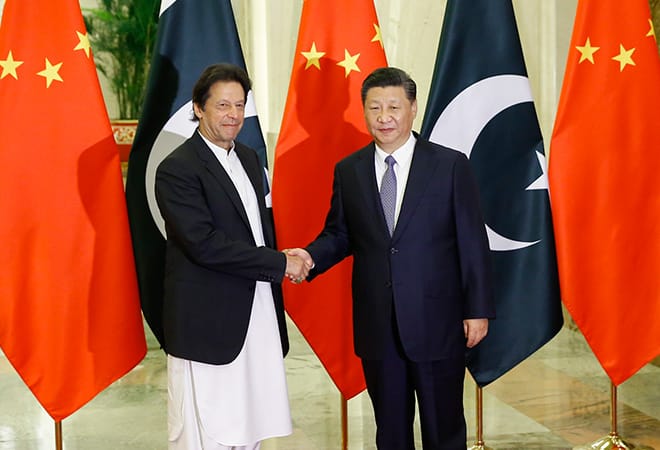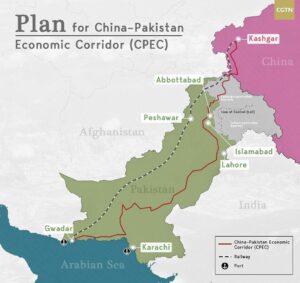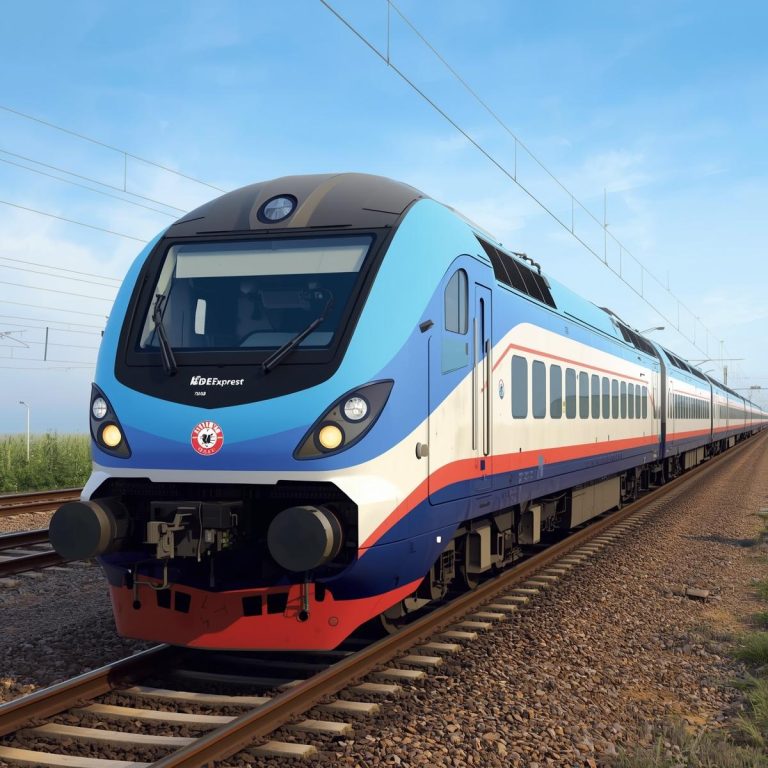
China and Pakistan have announced plans to build a railway system connecting Pakistan’s port of Gwadar to the Chinese city of Kashgar in the Xinjiang Uygur autonomous region. The railway system, known as the China-Pakistan railway, is China’s biggest transport project to date, costing an estimated $58 billion.
The railway aims to reduce Western trade dependence and is part of China’s Belt and Road Initiative to solidify its position as a world superpower and encourage global domination in the trade sector, while diminishing Western power. China has already invested over $60 billion in the China-Pakistan Economic Corridor.
The project is expected to reshape trade and geopolitics, and may eventually lead into Jalalabad in Afghanistan, providing rail links from the Afghanistan capital Kabul to the Indian Ocean.

The Chinese team of analysts stated in a report earlier this month in the Chinese journal Railway Transport and Economy that “the government and financial institutions should provide strong support, increase coordination and collaboration among relevant domestic departments, strive for the injection of support funds, and provide strong policy support and guarantees for the construction of this project.”
Although the railway connecting China to Pakistan would be China’s largest transportation project to date, the Institute has worked on other significant international rail systems, including Indonesia’s Jakarta-Bandung high-speed rail line, which is set to open in June and is Asia’s first high-speed rail system.
This move by China comes amidst the high tensions with the United States. In past few months, China has conducted several military drills near Taiwan. However, the Biden Administration has wowed to take a swift action against China if it invades Taiwan. Since the warning by the United States, the tensions between China and the United States have been increased at an alarming rate.






